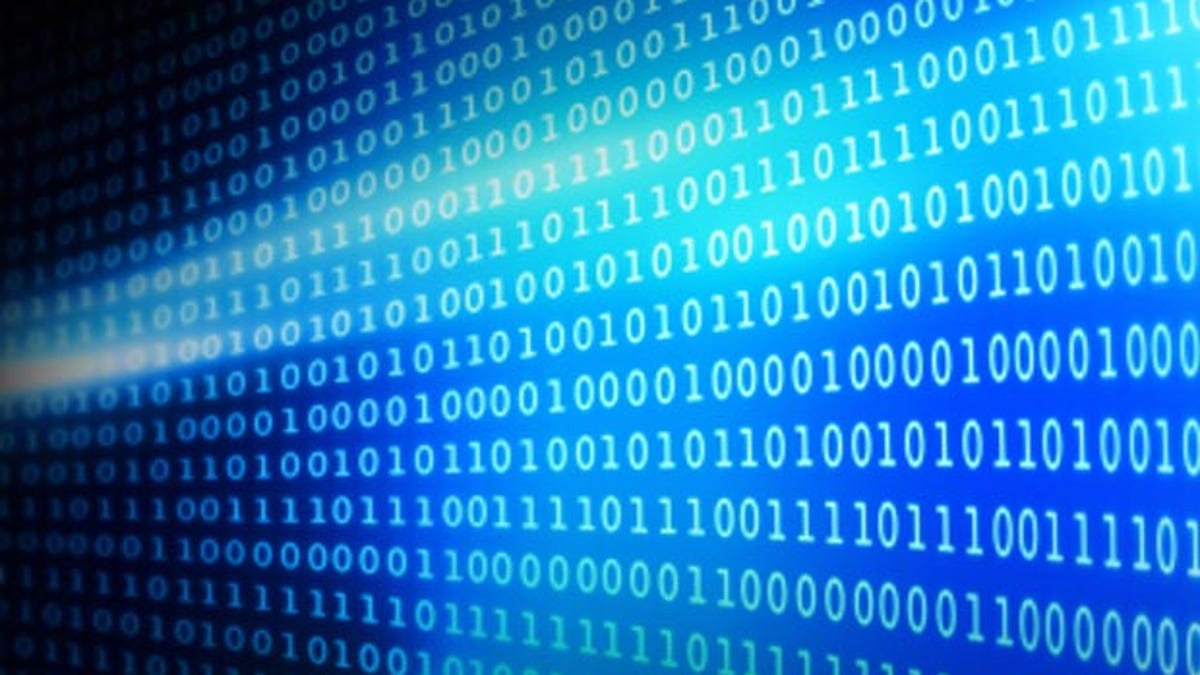Feds declassify more details on NSA's phone snooping
Three documents declassified by the Director of National Intelligence confirm key facts about the NSA's PRISM program.

Documents declassified on Wednesday by Director of National Intelligence James Clapper describe the National Security Agency's data snooping, aka "Bulk Collection Program," carried out under the Patriot Act.
A 2009 document confirms the controversial program under which the NSA has the authority to collect from telecom providers such information as the date, time, and length of a call.
The document says that the actual call content is not collected, while any information gathered is not protected by the Fourth Amendment. The court orders served to telecom companies require them to turn over the records for any call made within the United States or between the U.S. and another country. The government has the power to snare certain details on e-mails as well, including the sender, receiver, and the time the message was sent, but not the content or subject line, according to the document.
However, recent revelations confirmed that NSA analysts can listen to the intercepted phone calls of American citizens without requiring a warrant.
The 2009 document also highlights the claim made by the NSA that it needs to collect this information in bulk as a way to identify terrorist threats:
These two collection programs significantly strengthen the Intelligence Community's early warning system for the detection of terrorists and discovery of plots against the homeland...NSA needs access to telephony and e-mail transactional information in bulk so that it can quickly identify the network of contacts that a targeted number or address is connected to...To maximize the operational utility of the data, the data cannot be collected prospectively once a lead is developed because important connections could be lost in data that was sent prior to the identification of the RAS [reasonable, articulable suspicion] phone number or e-mail address.
A 2011 document provides virtually the same information found in the 2009 file, while a third document describes the order granting the NSA the power to vacuum up phone and e-mail records.
The NSA has been on the hot seat since the existence of PRISM was revealed in classified documents leaked by former NSA analyst Edward Snowden to The Guardian.
In response to anger over the program, DNI Clapper has been declassifying certain information, once in early June and now again on Wednesday. The companies who've been forced to hand over user data to the NSA have also been asking the government for permission to reveal more details to the public.

